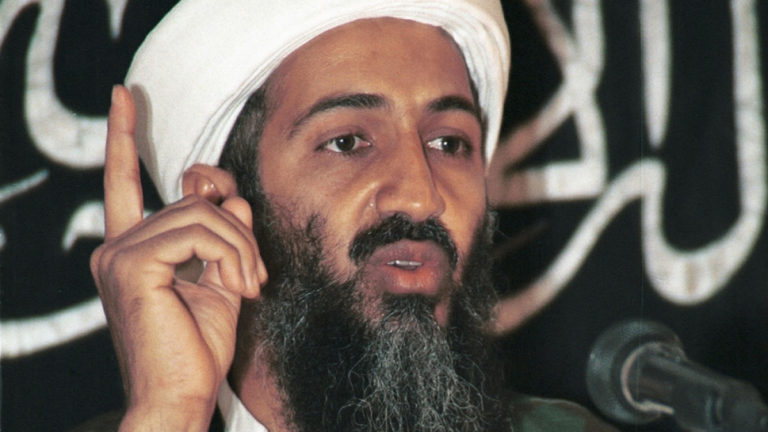The Iraq War Begins
People worldwide began to watch as the Iraq War inaugurated its first day on March 19, 2003 and subsequently changed global politics while making enduring transformations to world diplomacy. The Iraq War launched when United States and its coalition partners started their military operations. Multiple basis justified the invasion because Iraq allegedly owned weapons of mass destruction which endangered international peace throughout the globe. The war would produce effects that extended past its original goals through its transformation of international relations and regional stability and the lives of millions of persons The Iraq War Begins.
The Road to War: Causes and Justifications
The Gulf War of 1991 as well as the subsequent economic embargo established the foundation for the Iraq War. Following Iraq’s invasion of Kuwait the United Nations together with Western powers started building measures to control Saddam Hussein’s government through economic sanctions and no-fly zone enforcement. During the 1990s the international community increasingly demanded that Iraq show compliance with disarmament agreements thus creating escalating pressure between Iraq and its international counterparts.
September 11, 2001 events caused the U.S. government to increase security attention while viewing rogue states as severe threats. President George W. Bush’s cabinet claimed Iraq was active in weaponized mass destruction development while maintaining links with terrorist groups especially Al Qaeda. British Prime Minister Tony Blair joined forces with the Bush administration in showing evidence that Saddam Hussein made consistent attempts to develop nuclear, chemical and biological weapons until The Iraq War Begins.
The U.S. government proceeded to remove Hussein from power even though it faced international doubts and did not have solid proof. The U.N. Security Council started to develop serious disagreements when France along with Germany voiced opposition to military actions. The U.S. together with its allied forces launched their invasion before achieving complete UN permission.
Immediate Consequences and Long-Term Impact
The fast victory in military operations turned into an unexpected complex challenge for the post-occupation period. Sectarian warfare began when Iraq became an immensely chaotic state because of religious conflict between Sunni and Shia factions. Operation Iraqi Freedom became mired in instability because there was no coordinated operational plan for post-war Iraq. The Iraq War addition to active conflicts delivered vast displaced populations while bringing economic turmoil and severe human problems The Iraq War Begins.
The Bush administration and its allies received substantial criticism because their stated reason for invasion became flawed after it became clear there were no weapons of mass destruction in Iraq. Because of the war America faced severe international diplomatic problems that triggered major demonstrations against it throughout several countries across the globe. The war caused major national discussions about preemptive warfare and intelligence failures and questions about foreign policy as well as ethical considerations The Iraq War Begins.
The United States pulled out its military forces during 2011 thus ending the war although Iraq along with the Middle East region remains impacted by past military actions. The political decisions made during 2003 led indirectly to ISIS spawning and extended Iraqi political turmoil and regional security problems.
Conclusion
When US forces launched their offensive against Iraq on March 19, 2003 history would mark this day as one of the most important yet contentious actions of recent times. The removal of Saddam Hussein by force through Operation Iraqi Freedom brought down the Iraqi leader yet ushered in multiple years of turmoil together with extensive death tolls and worldwide geopolitical fluidity. Foreign policy decision-making today must draw critical knowledge from examining why the Iraq War started together with its procedure and resulting consequences.













